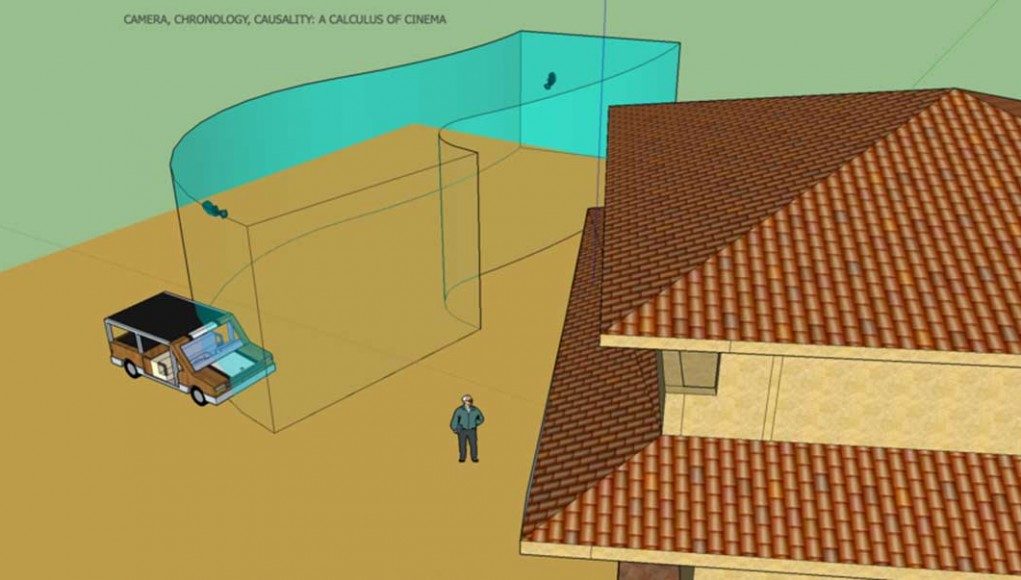 Catherine Rehwinkel is working on creating a conceptual framework that enables storytellers to storyboard linear stories in VR. She’s a filmmaker who recently finished a master’s degree computational & systems thinking at NYU. She’s been inspired by Donna Haraway’s “Situated Knowledges” feminist theories that take into account how location and place impact our perspective on events, and she’s intrigued by VR stories that grow and evolve when you watch them from different locations.
Catherine Rehwinkel is working on creating a conceptual framework that enables storytellers to storyboard linear stories in VR. She’s a filmmaker who recently finished a master’s degree computational & systems thinking at NYU. She’s been inspired by Donna Haraway’s “Situated Knowledges” feminist theories that take into account how location and place impact our perspective on events, and she’s intrigued by VR stories that grow and evolve when you watch them from different locations.
LISTEN TO THE VOICES OF VR PODCAST
One way that I understand the importance of location in VR storytelling is looking at Rose Troche’s Perspective series where she explores how a narrative story can change if you watch the same events through different character’s eyes. Rose concluded that the first-person perspective is extremely vulnerable, and in order to get a more complete picture of an event then it’s helpful to take into account many different perspectives from different people.
Similarly, Donna Haraway doesn’t believe that we can have a truly objective, passive, or omniscient scientific observations that are independent of our subjectivity. Instead, Haraway’s concept of ‘situated knowledges’ is calling for us to think of people as a lot more messy and complicated creatures who are full of contradictions. Situated knowledges can be described by thinking about subjects who become “complex contraptions made of biological vision and personal will, the scientific gaze is dissolved into a network of contested observations, and objects become Coyote-Frankensteins, produced and yet much more in control than the traditional modest witness would care to admit.”
In order to get a more complete picture of any topic, you have to triangulate between many complex and contradictory subjective perspectives (incidentally, this is part of the philosophy and intention driving the Voices of VR podcast). Catherine Rehwinkel believes that VR is particularly well-suited medium for simulating the multitude of different perspectives through the simple mechanism of changing your location as you watch and re-watch a series of linear events take place. And if the narrative is constructed well enough, then your understanding of the story could continue to evolve and grow as you watch from many different vantage points. Catherine believes in this vision for storytelling in VR, and is in the process of building conceptual tools for storytellers and VR designers to storyboard, architect, and prototype these types of experiences inspired by the concept of situated knowledges.
You can learn more about Catherine’s Narrative VR Framework from her recent VRSalon.org talk at Google NYC.
Support Voices of VR
- Subscribe on iTunes
- Donate to the Voices of VR Podcast Patreon
Music: Fatality & Summer Trip







